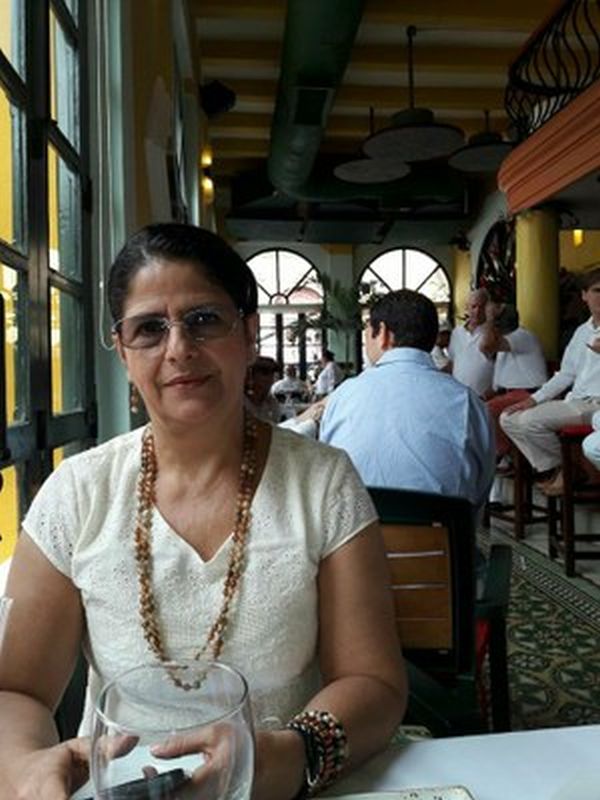

Week 4 : The Daily Struggle for Water, Especially for Women
Reflection - Seven Weeks for Water 2018
Rev. Adelaida Jiménez Cortes
Introduction
The fourth reflection of the of the "Seven Weeks for Water", of World Council of Churches’ Ecumenical Water Network, is by Rev. Adelaida Jiménez Cortes, a pastor of the Presbyterian Church of Colombia. She has a master’s degree in Theological Studies and currently she is a doctoral candidate in Education with a specialty in Pedagogical Mediation. In the following reflection she draws a parallel between the situation of Hagar, who had the challenge to survive and keep her son Ishmael alive in a desert without water, to a village in the northern region of Colombia where women have the socially entrusted “responsibility” to fetch water for their families amidst water scarcity.
Text:
Genesis 21:14-19
REFLECTION
When we think of water, thousands of pictures of our country come to mind. Colombia is considered one of the richest countries in the world when it comes to water reserves; its watersheds are an enormous treasure, rivers that emerge from the high mountains run across a great part of the country. However, it is also important to recognize that the water reserves and the backwaters have been threatened by the economic model, by the mega mining projects, and the urban development projects that the Colombian government is responsible for approving without considering the depletion of these sources of water. In the words of Boff and Hathaway, they suggest that “our world is dominated by a pathological, out-of-control system that, when left to its own urge, threatens to destroy the earth” (36).
Similarly, pictures of water in the biblical Scriptures also come to mind. It is precisely here where the tale of a slave woman, foreigner and concubine, named Hagar, tells us her sufferings and the new life she found from water. In Genesis 21:14-19, we find bread and water as symbols of life alternatives. Hagar, who lives in a patriarchal structure, must suffer a whole system of oppression within which she is given by Sarah to Abraham in order to have his offspring. Hagar faces the hardships of a socio-cultural system that rejects her and that places in her hands only a piece of bread and a skin of water and sends her away to the desert. It is possible that some may have thought of Abraham as kind, but no. If we think carefully, this is only one serving that would not last a long journey through the desert.
QUESTIONS FOR DISCUSSION:
- Who profits from the water business in each of our local contexts?
- What can we do to keep open water reserves free from contamination and for water to be a source of hope for all people?
- Do you think that in most cases, the burden of securing water for the family disproportionately lies on the women?